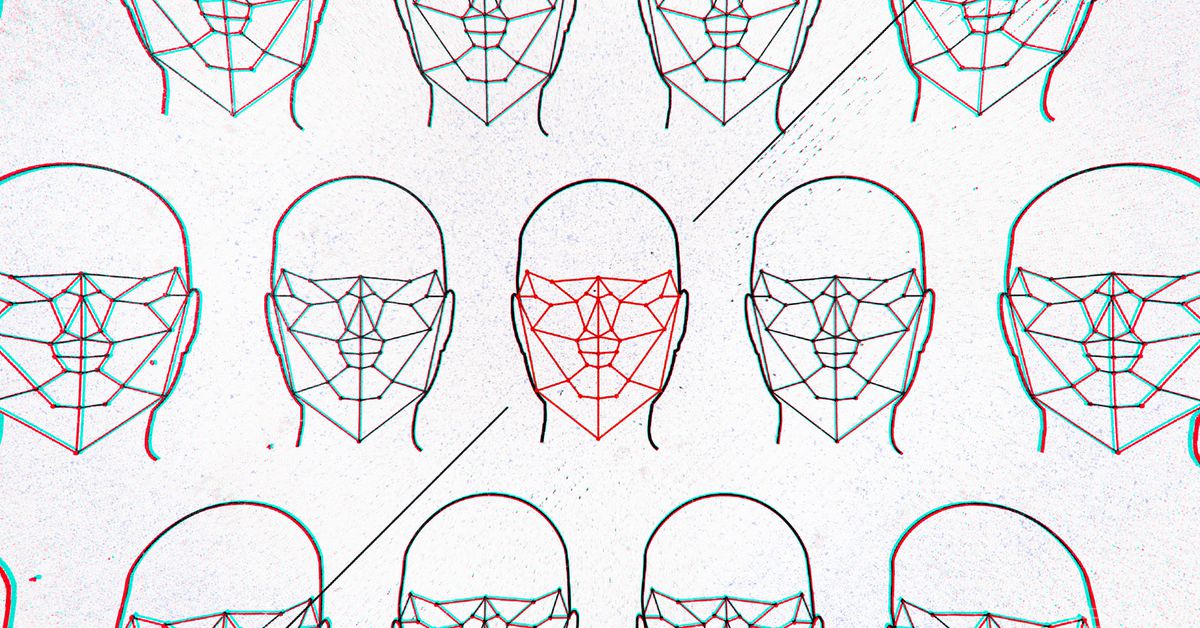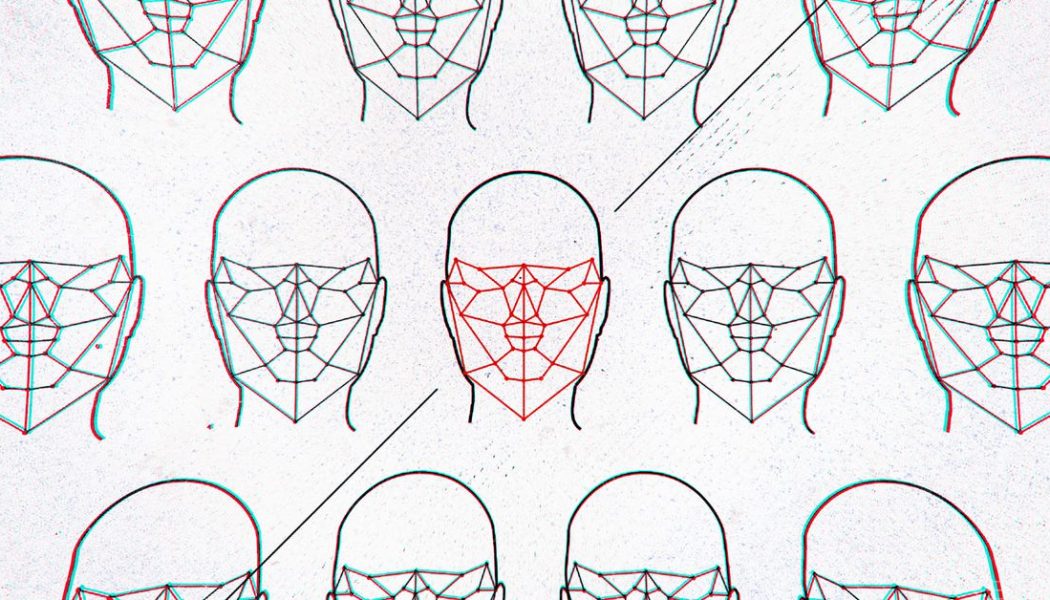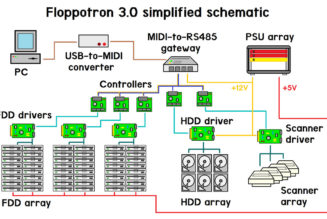
A coalition of civil rights groups led by the American Civil Liberties Union have filed an objection to the proposed expansion of Customs and Border Protections facial recognition at land and sea ports. The National Immigration Law Center, Fight for the Future, and the Electronic Frontier Foundation are also participating in the motion, alongside twelve others.
Filed in November, CBP’s proposed rule would expand the biometric exit system, authorizing the collection of facial images from any non-citizen entering the country. But in a filing on Monday, the final day of the comment period, the coalition argued that those measures are too extreme.
“CBP’s proposed use of face surveillance at airports, sea ports, and the land border would put the United States on an extraordinarily dangerous path toward the normalization of this surveillance,” said Ashley Gorski, senior staff attorney with the ACLU’s National Security Project, in a statement to reporters. “The deployment of this society-changing technology is unnecessary and unjustified.”
The filing raises a variety of legal objections to the expansion, in particular arguing that Congress did not intend to authorize long-term facial recognition when it mandated biometric exit tracking in 1996. At the time, Congress left the specific method open to interpretation, but the technology for algorithmic facial recognition from a video feed was not yet developed enough to be considered.
The filing also points out that CBP’s proposed collection is more invasive than a simple photograph. Maintaining a facial recognition system will mean creating face prints from the collected images, which will be stored for 75 years and “may be used not only by DHS, but by foreign governments and federal, state, and local law enforcement to identify individuals for a variety of purposes, far removed from the reasons for CBP’s initial collection,” the filing reads.
CBP’s privacy assessment for the project details some of those additional purposes, stating that photographs collected by the program will also be scanned against the terrorist screening database, TECS alerts, and outstanding warrants.
“CBP’s collection of faceprints could enable systematic surveillance by other government agencies and foreign governments,” the filing argues. “It could expose where people go, who they associate with, and even what they believe, based on the religious services, protests, or meetings they attend.”
On a procedural note, the civil rights groups also argue the proposal is unlawful because of broader concerns over the appointment of Acting DHS Secretary Chad Wolf. In November, a federal judge ruled that Wolf’s appointment to the position violated the order of succession for active appointments, and overturned a memorandum from Wolf’s office as a result. It’s unclear whether this same logic could be successfully applied to CBP’s rule-making motion, which was not issued directly from Wolf’s office. Still, the issue is likely to shed further doubt on the proposed rule.










